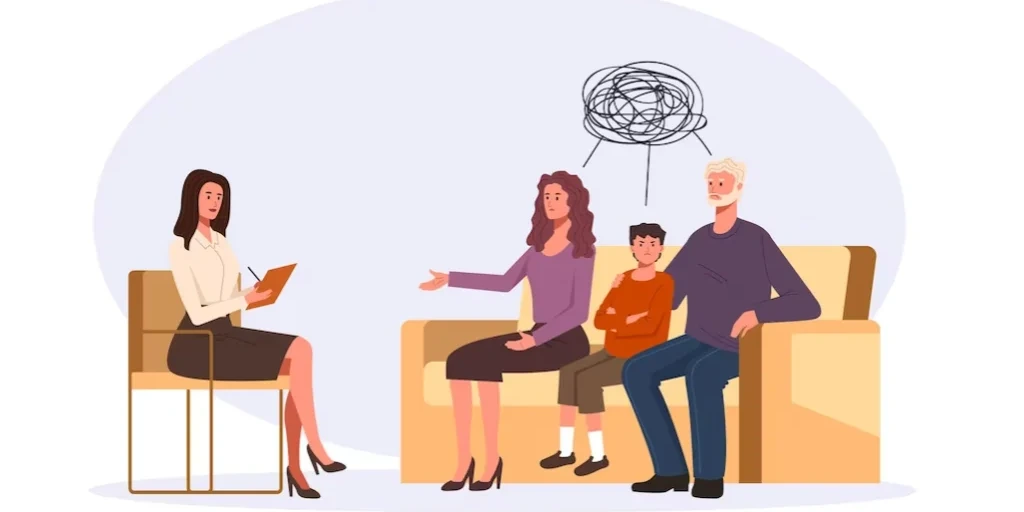24/7 Helpline:
(866) 899-221924/7 Helpline:
(866) 899-2219
Learn more about Dual Diagnosis Rehab centers in Offutt A F B

Other Insurance Options

Multiplan

BlueCross

EmblemHealth

Health Choice

GEHA

Self-pay options

AllWell

WellCare Health Plans

Optum

Excellus

Medical Mutual of Ohio

Magellan Health

Holman Group

Aetna

Lucent

American Behavioral

Group Health Incorporated

Anthem

CareSource

WellPoint

CHI Health Psychiatric Associates
CHI Health Psychiatric Associates is a private rehab located in Papillion, Nebraska. CHI Health Psyc...
































































Heartland Family Service
Heartland Family Service is a private rehab located in Papillion, Nebraska. Heartland Family Service...

ABH Addiction and Behavioral Health Services
ABH Addiction and Behavioral Health Services is a private rehab located in La Vista, Nebraska. ABH A...
















